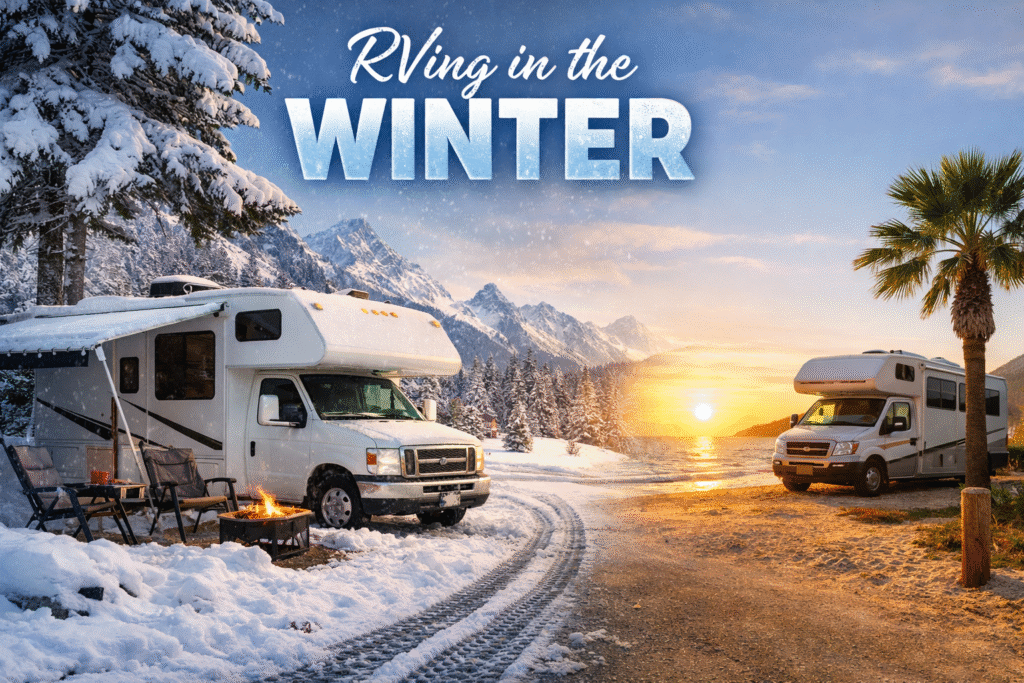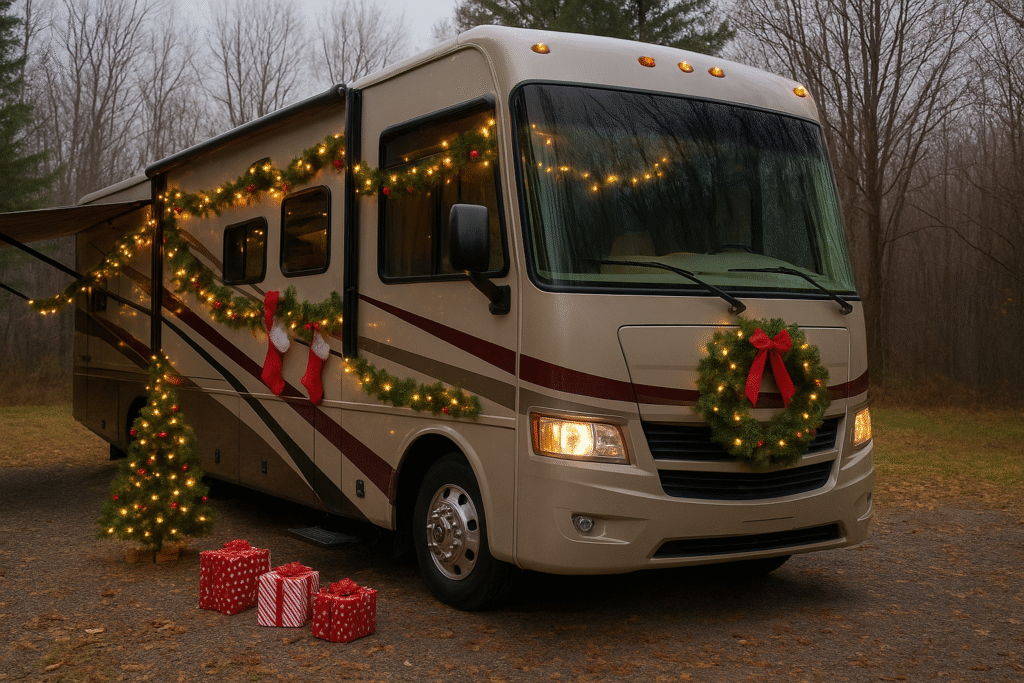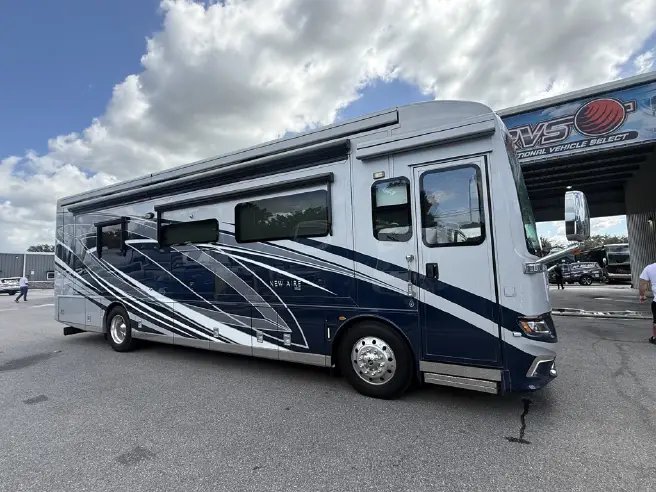Just as you insure your home or car, you’ll need insurance for your RV. Whether you buy a motorhome, travel trailer, or fifth wheel, getting the right insurance that fits your needs is an important part of RV ownership. But as anyone who has ever bought any kind of insurance knows, the process can be a confusing one. What’s covered and what’s not? Am I getting the best price? Will this insurance company guide me through the claims process if I need my RV repaired? I’m a full-time RVer – do I need RV insurance and a homeowner’s policy? All these questions are likely flying through your head as you contemplate buying RV insurance.
Read on for five tips to help keep the process streamlined and stress-free!
RV coverage for collision – Any RV insurance you buy will have collision coverage, but it’s essential that you fully understand what will be covered. Make sure you know exactly how much money you would receive for your vehicle if an accident or other damage makes it a total loss. Make sure you will be able to get a comparable replacement vehicle with the amount of the coverage. Many RV owners opt for lower collision coverage because they will have lower premiums, but ultimately this isn’t worth it if you end up not being able to afford a new RV after the loss of the insured vehicle.
RV coverage for personal liability – RV insurance plans will have coverage if you or someone riding with you gets injured in an accident. However, it’s also important to consider all the other scenarios where injury could potentially occur. You’ll have your RV at campgrounds, in parking lots, and lots of other places where accidents can happen. Talk to your insurance carrier about “off-road” coverage options that would not be covered by homeowner’s insurance.
Insuring your valuables – If you’re a full-time RVer, your rig is your home. That means all your possessions, including electronic devices and other valuables, are likely in your vehicle unless you’re storing them elsewhere. Standard RV insurance is usually not geared toward full-time RVers, so the property loss coverage is often relatively low. If you are living in your rig full-time, make sure that you get a plan customized for your unique needs that sufficiently covers the loss of your possessions in the event of damage or theft.
Using an RV insurance company – Your auto insurance company will almost certainly offer RV insurance as well. This might be sufficient for the occasional RVer who keeps their rig parked or stored for much of the year. However, if you’re a full-time RVer, you should seriously consider getting insurance from a specialized RV insurance company instead of your auto insurance. This will ensure that you get the customized plan necessary to cover the cost of your rig, the cost of your possessions, and all the scenarios in which injuries can occur while you’re enjoying the open road. Warning: these comprehensive RV policies will cost more than a standard policy offered by your auto insurance, but will be worth it in the long run.
Suspended collision coverage – If you are not a full-time RVer and only have your rig out on the road for a few months out of the year, talk to insurance providers about the option to suspend collision coverage for part of the year when you won’t be using the rig. This can lower your premium, which may make it possible for you to get increased coverage during the times when your RV will be on the road.
Have any questions? Be sure to contact us!




